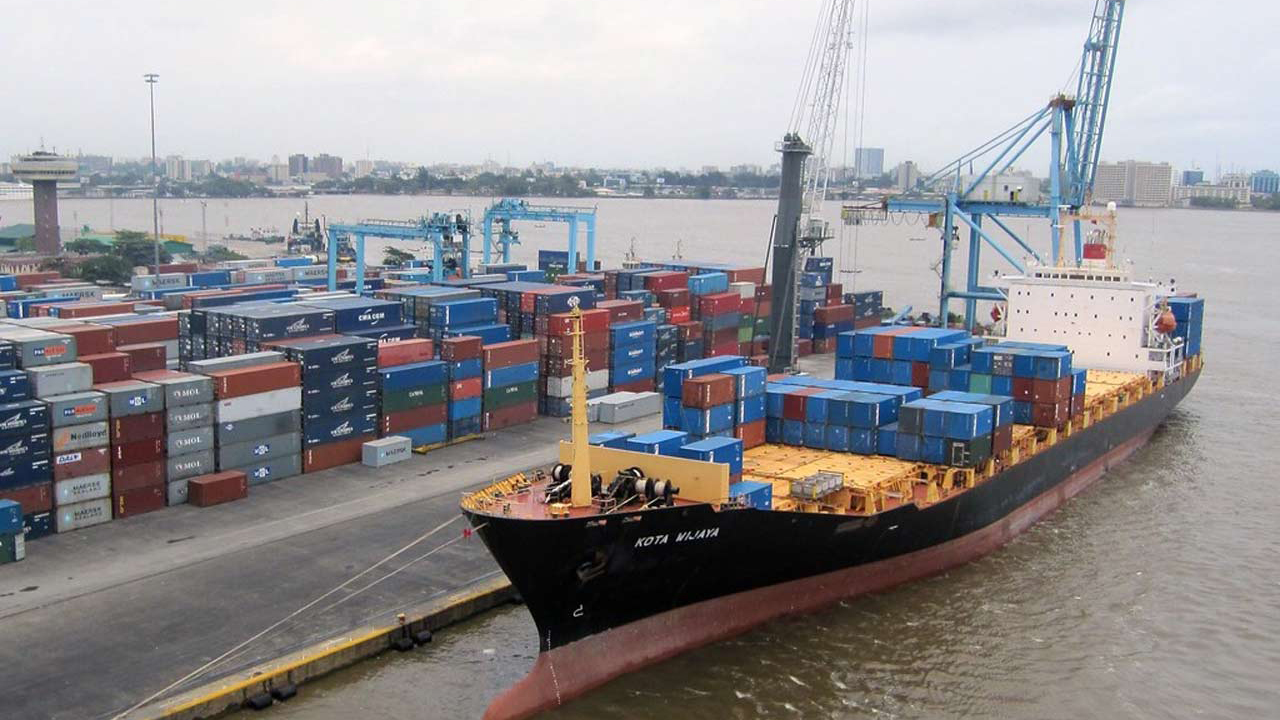
Local manufacturers under the aegis of the Manufacturers Association of Nigeria (MAN) have decried the poor electricity supply situation in the country, which they say is a major hindrance to their profitability, with an annual economic loss they put at N10.1 trillion or two per cent share of the country’s gross domestic product (GDP).
In a statement made available to The Guardian, MAN’s Director General, Segun Ajayi-Kadir, pointed out that the current power supply is inadequate to satisfy the energy requirements of the manufacturing sector and the entire population.
He said the country has the largest energy access deficit in the world, positioning her among the worst countries to do business with a rank of 171 out of 190.
Despite the grim statistics, he said if well implemented, the newly signed Electricity Act promises to be a major game changer for the sector if some steps are taken to ensure it succeeds.
Last year, he said the total amount spent by MAN members on alternative energy rose from N77.21 billion in 2021 to N144.47 billion, but if the new Electricity Act is well implemented, cost of alternative energy incurred by members will reduce and the profit margin will rise. He added that they have always pushed for the need to charge cost-reflective electricity tariffs to avoid extortion and the new act will hopefully help actualise a cost–reflective tariff considering the healthy price competition it will bring between the states and private investors.
“The country’s epileptic power supply is one of the prominent reasons for the relocation of some of our members. Provided the new Act adequately addresses the challenges in the power sector, we are quite optimistic that such development will encourage the inflow of manufacturing FDI, boost the sector’s performance and increase the sectorial contribution to the economy.”
The DG also noted that the country’s large population and growing demand for energy by households and businesses, would boost Internally Generated Revenue (IGR) each state stands to accrue from the decentralisation of power and if properly utilised, such huge revenue can bridge the infrastructure deficits in many states without imposing further tax burden on manufacturers. “For manufacturers, investment in renewables like solar will not only promote a cleaner climatic environment but ensure that energy consumption is cost efficient which will improve profit margin and promote further investments.”
He regretted that the country’s epileptic power supply often destabilises operations of many small and medium businesses that cannot afford or maintain alternative sources of energy.
Hailing the Electricity Act as a major step in the right direction, he said if well implemented, it would drive investment; improve electricity access and foster economic growth.
To ensure its success, he urged the government to tighten security as no investor wants to do business in a terrorised economy; render legal, financial and technical support to state governments yet to establish electricity market laws and advised state governments to partner with existing agencies and operators in the power sector as the cost of building new power distribution networks can render the investment less lucrative.





